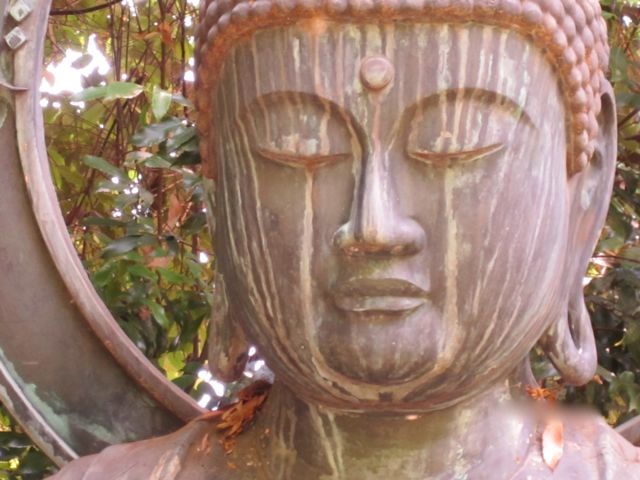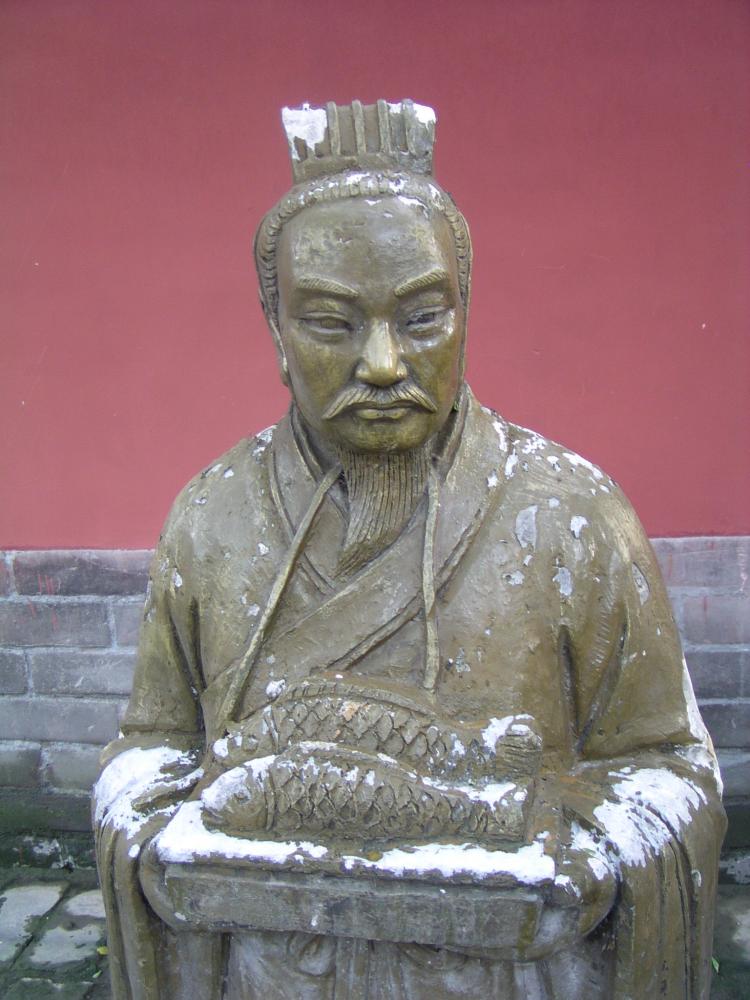The first of two ART Preliminary Examinations consists of take-home essays and an oral defense, covering the student's major and minor fields in the Asian Religious Traditions area. In general, the first exam is designed to ascertain broad teaching and research competence as well as familiarity with major scholarly debates in the primary field. With the approval of the advisory committee, students may pursue additional minor fields to address varying types of primary sources or methodologies, and may involve the participation of faculty outside the area. The second exam takes the form of a research paper and is designed to certify that the student is qualified to carry out research and writing in her or his proposed field of specialization. The details for examinations are to be arranged with the primary advisor and approved by the area faculty in accordance with the following guidelines.
First Examination
The first preliminary exam consists of three or four take-home essays of about five pages each, to be completed over the course of seven days. The writing of the essays will be followed by an oral defense with the area faculty, which will ordinarily take place one week after the essays are submitted.
The exam questions will be based on a bibliography of English language works compiled by the student in consultation with the advisory committee. The bibliography, ordinarily about 10-12 pages, should be organized into sections by major and minor fields, whether geo-cultural areas (China, Japan, and in some cases Korea) or major religious traditions (Daoism, Buddhism, Confucianism, Shinto). Translated primary sources should be set off from secondary literature. The bibliography must be developed and submitted to the committee for approval at the latest by the end of the semester preceding the one in which the exam is taken.
For students who entered with an M.A. in a relevant field, the first exam should be completed by the end of the third year in the program or at the beginning of the first semester of the fourth year, at the latest. For students who entered without an M.A. in a related field, this exam should be completed by the start of the second semester of their fourth year of study.
Second Examination
The second preliminary exam is a 30 to 45-page research paper written under the guidance of the members of the examination committee. The paper must include a literature review of 5 to 10 pages and an original analysis based on primary sources, roughly 25 to 35 pages in length. The topic of the paper is chosen in consultation with the student's main faculty advisor, who in most cases will chair the student's exam committee and become the dissertation supervisor. The subject matter should be related to the student's projected thesis area and demonstrate significant use of primary sources in the student's main research languages as well as critical engagement with secondary sources.
The literature review should engage in a comprehensive manner, current knowledge, major theories or pertinent methodologies, and ongoing debates in the field in which the student plants to specialize for the dissertation. The remainder of the paper should take the form of an analysis or argument that is based on the student's original research into primary source materials that takes into account relevant secondary perspectives.
This examination is a substantial research paper, not a dissertation prospectus (though it may eventually serve as source material for some part of the dissertation). The paper should be completed by the end of the first semester of the fourth year in the program (or, in the case of students who entered the program without an M.A. in the field, by the end of the second semester of the fourth year), and under no circumstances may be completed more than one semester after the completion of the first examination.
 Students normally specialize in one cultural area (China or Japan) and choose their tradition or region of specialization from among the fields of expertise of the Brown faculty.
Students normally specialize in one cultural area (China or Japan) and choose their tradition or region of specialization from among the fields of expertise of the Brown faculty. Students of East Asian Religions concentrate in the religious traditions of either China or Japan, but attain broad competence in the religious history of the alternate area as well. Students may also focus on a specific religious tradition (Daoist, Confucian, or Buddhist) whether within the parameters of one cultural area or across the broader East Asian context. Most students who specialize in the Daoist tradition concentrate on its origins and development in the intellectual contexts of early China and selected later developments, while students of Confucianism focus on Neo-Confucian interpretations of China and Japan. Students of Buddhism concentrate on the cultural, literary, and institutional history of Song, Yuan, and Ming Chinese Buddhism, and/or Japanese Buddhism of the late medieval through early modern periods. A specialization in the history of the Japanese new religions is also possible. Regardless of their area of concentration, all students are expected to develop an understanding of the key issues involved in the historical interaction of the major East Asian religious traditions.
Students of East Asian Religions concentrate in the religious traditions of either China or Japan, but attain broad competence in the religious history of the alternate area as well. Students may also focus on a specific religious tradition (Daoist, Confucian, or Buddhist) whether within the parameters of one cultural area or across the broader East Asian context. Most students who specialize in the Daoist tradition concentrate on its origins and development in the intellectual contexts of early China and selected later developments, while students of Confucianism focus on Neo-Confucian interpretations of China and Japan. Students of Buddhism concentrate on the cultural, literary, and institutional history of Song, Yuan, and Ming Chinese Buddhism, and/or Japanese Buddhism of the late medieval through early modern periods. A specialization in the history of the Japanese new religions is also possible. Regardless of their area of concentration, all students are expected to develop an understanding of the key issues involved in the historical interaction of the major East Asian religious traditions.